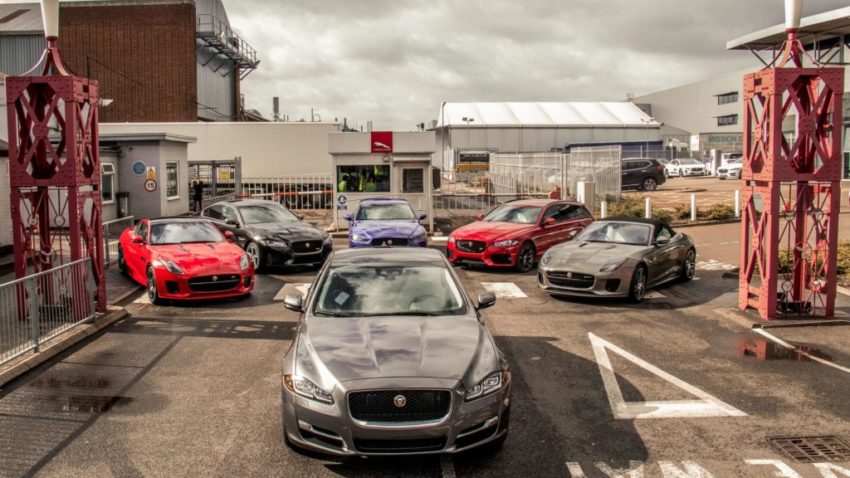Only £90 million of new investment was committed to automotive plants in Britain in the first half of the year as the industry diverted spending of at least £330 million to Brexit preparations.
Figures from the car industry show that commitments of inward investment in factories all but dried up in the six months to the end of June, compared with an average investment of £2.7 billion a year over the past seven years.
There were only a handful of spending commitments on new projects, adding up in aggregate to £90 million, according to the Society of Motor Manufacturers and Traders.
During the period Honda announced the closure of its site in Swindon and Ford of its engine plant in Bridgend. In contrast, the SMMT said that incomplete data from its members on preparation for a March Brexit, which has been postponed until October, identified spending on stockpiling, extra warehousing, insurance and shutdowns of at least £330 million.
However, since June 30 the industry has received a boost, with Jaguar Land Rover announcing plans to invest £1 billion in turning its Castle Bromwich factory in the West Midlands into an electric vehicle manufacturing plant.
The society’s figures also show that factory gate output has fallen by 20 per cent this year, including a 15.2 per cent year-on-year drop in June, and that three in ten vehicles coming off assembly lines have diesel engines, despite the backlash against diesel cars.
Mike Hawes, chief executive of the SMMT, said: “These figures are the result of global instability compounded by fear of no-deal. This fear is causing investment to stall, as hundreds of millions of pounds are diverted to Brexit cliff-edge mitigation, money that would be better spent tackling technological and environmental challenges.”
Factory shutdowns normally scheduled for the summer were brought forward to April by some carmakers in preparation for a Brexit transition. That accounts for some of the 20 per cent slump in production from 834,000 cars to 666,000 cars in the first six months. The 15 per cent fall in output in June represents the underlying decline in production, according to Mr Hawes.


